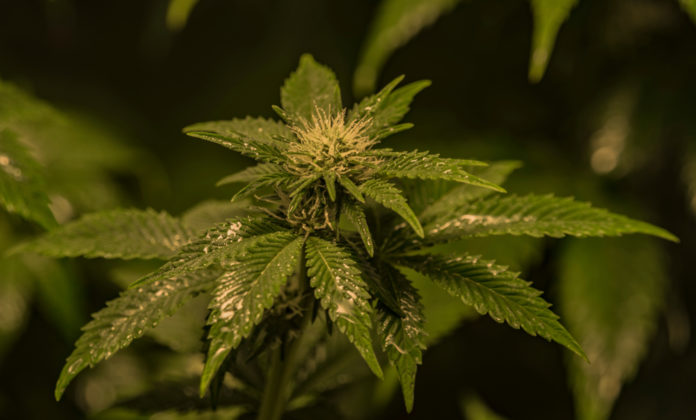A bill in Congress that would allow banks to do business with the marijuana industry without fear of violating federal law, is picking up momentum.
On Tuesday, a letter signed by 19 state attorneys general was sent to Congressional leaders on Capitol Hill. The letter is advocating for the passage of the Secure and Fair Enforcement Banking Act, a bill introduced by Ed Perlmutter (D-CO) that would allow banking institutions to work with the marijuana industry without fear of violating federal law.
The letter comes on the heels of U.S. Attorney General Jeff Sessions’ decision to rescind the Cole Memo, one of the only protections marijuana businesses and consumers have against federal prosecution.
Below is an excerpt from the letter:
The grey market makes it more difficult to track revenues for taxation purposes, contributes to a public safety threat as cash intensive businesses are often targets for criminal activity, and prevents proper tracking of large swaths of finances across the nation.
To address these challenges, we are requesting legislation that would provide a safe harbor for depository institutions that provide a financial product or service to a covered business in a state that has implemented laws and regulations that ensure accountability in the marijuana industry such as the SAFE Banking Act (S. 1152 and H.R. 2215) or similar legislation.
This would bring billions of dollars into the banking sector, and give law enforcement the ability to monitor these transactions.
California Attorney General Xavier Beccera, one of the letter’s co-signers, is concerned the Trump administration could derail the growing legal marijuana industry.
“Congress has the power to protect a growing $6.7 billion industry and the public safety of our communities,” Becerra said in a statement. “My team at the Department of Justice is committed to implementing and enforcing the law in California in a way that most effectively protects the health and safety of our people.”
Gauging the true intentions of the White House and Department of Justice (DOJ) has proven difficult for authorities. Is the DOJ simply trying to score political points and send a chill down the spine of the marijuana industry? Or does Sessions’ decision to remove federal protections for marijuana have teeth to it? Some authorities are requesting clarification.
“There is still a lot we don’t know about what enforcement priorities the Justice Department will implement,” Colorado Attorney General Cynthia H. Coffman said in a statement. “I expect, however, that the federal government will continue to focus their enforcement efforts and resources on combatting the gray and black markets and diversion, and not target marijuana businesses who abide by our state’s laws.”
Recreational marijuana is currently legal in 8 states and medical use is legal in 29. Additional states are expected to legalize in 2018.












